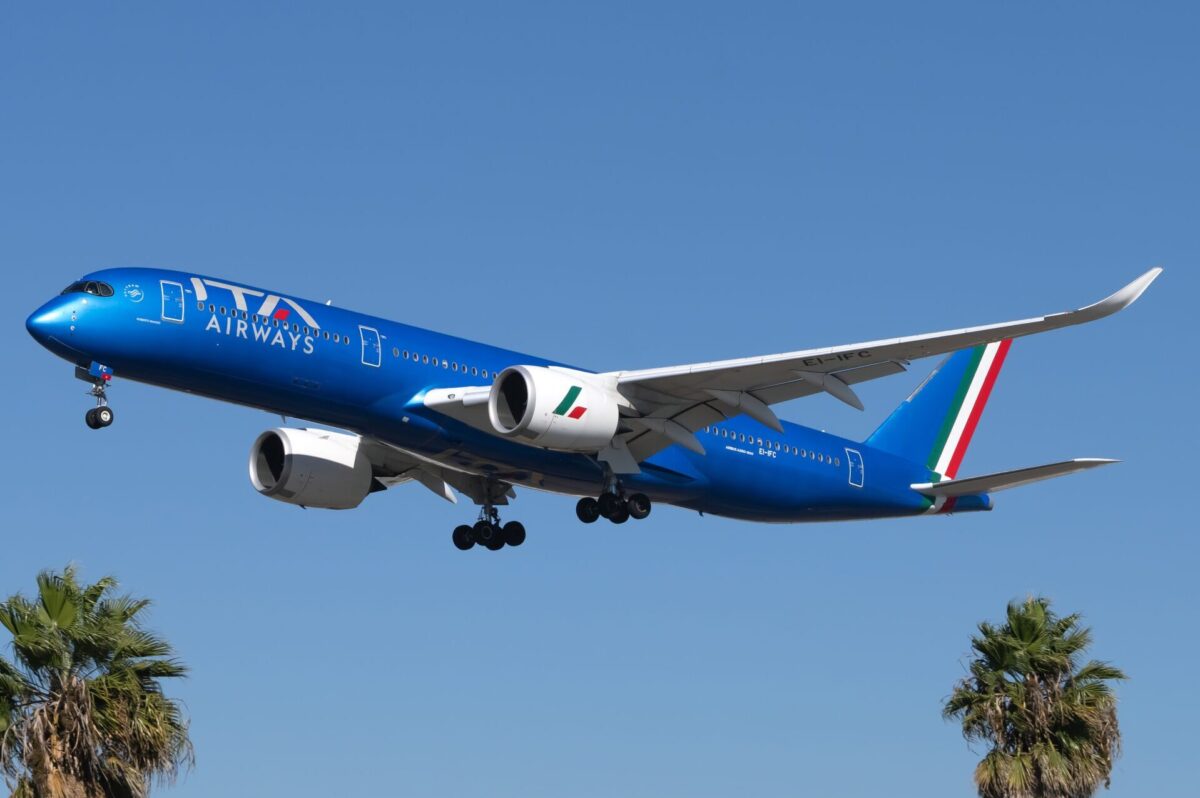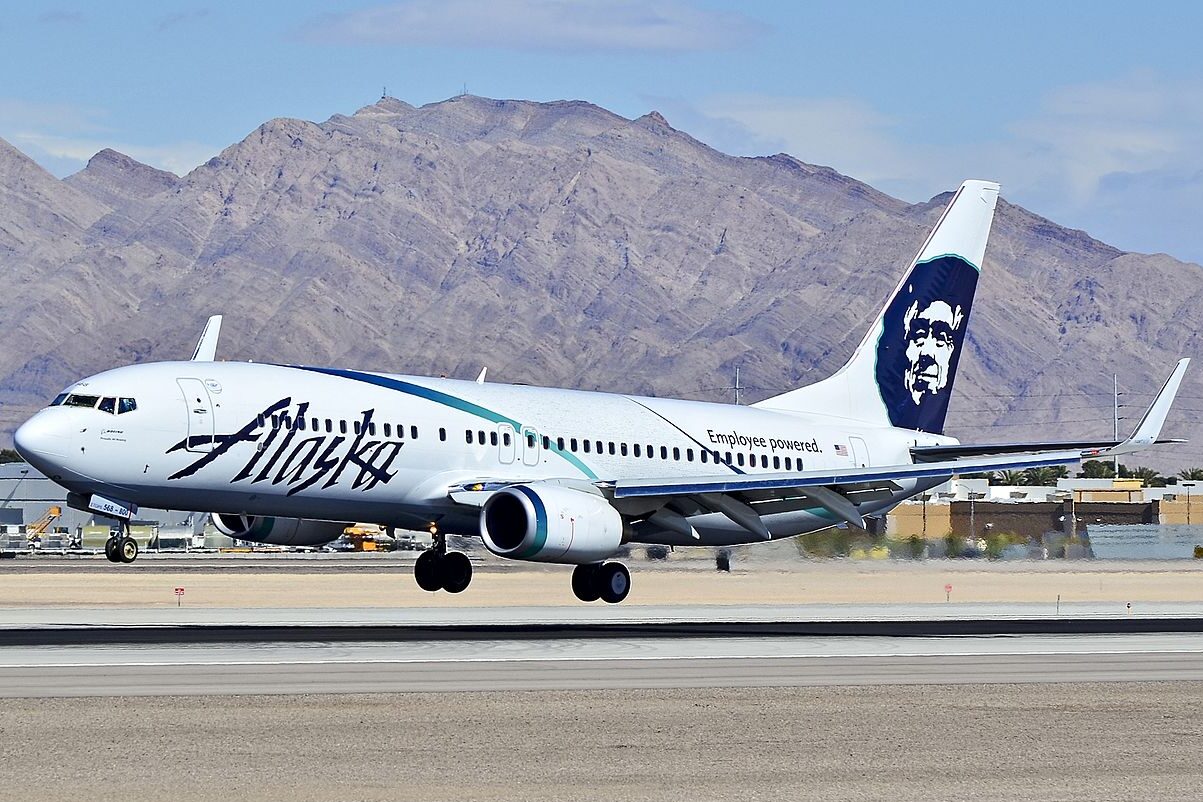Lufthansa Secures Approval for ITA Airways Deal

Skift Take
One of Europe’s largest airline groups is about to get even bigger. On Wednesday morning the European Commission granted permission for Lufthansa Group to acquire a 41% stake in ITA Airways.
ITA was founded in November 2020 and is the successor brand to Alitalia, Italy’s former flag carrier. The country’s Ministry of Economy and Finance is currently the sole shareholder in the airline.
The Commission, the EU’s executive arm, said the green light is “conditional upon full compliance with the commitments” outlined in its decision. These center around concerns that the deal could reduce competition in key markets.
Commenting on the acquisition, Margrethe Vestager, European Commission’s executive vice-president in charge of competition policy, said, maintaining competition in the sector is crucial, “This is why we have assessed very carefully whether the acquisition of a controlling stake in the new Italian flag carrier ITA by Europe’s largest network carrier Lufthansa would raise competition concerns.”
Highlighting the importance of protecting passengers from higher fares and ensuring they don't face reduced service quality or fewer options on routes to and from Italy, she confirmed that the competition concerns have been fully addressed by the remedy package proposed by Lufthansa and the Italian ministry of economy and finance, "ensuring that a sufficient level of competitive pressure remains on all relevant routes."
What Lufthansa Has Proposed
To address the European Commission's competition concerns, Lufthansa and the Italian Ministry of Economy and Finance (MEF) proposed a comprehensive remedy package:
Short-Haul Routes: Lufthansa and the ministry will provide necessary assets to one or two rival airlines to start non-stop flights between Rome or Milan and specific Central European airports. These airlines must operate these routes for a certain minimum period. Also, one rival airline will gain access to ITA's domestic network for indirect connections between certain Central European and Italian cities other than Rome and Milan.
Long-Haul Routes: The merged company will enter agreements with competitors to improve their competitiveness on long-haul routes, such as through interlining agreements or slot swaps. This will lead to more frequent non-stop flights or better one-stop connections. The Commission considered that the ministry will keep a controlling stake in ITA and will continue incentivizing ITA to compete against Lufthansa's partners in North America until ITA is integrated into the joint venture.
Milan Linate Airport: Lufthansa and MEF will transfer more take-off and landing slots at Linate airport to the rival airlines than what is needed for the short-haul routes. This will allow those airlines to establish a sustainable base at Linate and potentially offer their own one-stop connections between Italy and Central Europe.
In a statement, the European Commission acknowledged: “Whilst ITA is performing well today, ITA's long-term sustainability as a stand-alone carrier would have remained highly uncertain absent the transaction.”
What Exactly is the Lufthansa Group?
While it’s best known for operating Germany’s national airline, the Lufthansa Group is home to many other household names. ITA is set to become the fifth network carrier in the Lufthansa portfolio. The Group already owns Swiss, Brussels Airlines, Austrian Airlines as well as Lufthansa.
The decision by European regulators has been more than a year in the making. Lufthansa Group announced in May 2023 that it had reached an agreement with the Italian Ministry of Economy and Finance to buy a minority stake in the Rome-based operator. Speaking at the time, Carsten Spohr, CEO of the Lufthansa Group described the deal as “a win-win situation for Italy, ITA Airways and Lufthansa Group.”
"The acquisition of ITA Airways strengthens the internationalization of the Lufthansa Group," Spohr said in a statement on Wednesday.
"Despite the comprehensive and far-reaching concessions, the investment in ITA Airways strengthens the Lufthansa Group's position in global competition. We will make ITA Airways a strong and successful part of our company," he said.
Looking back even further, the result is the culmination of years of efforts in various guises by Lufthansa to take a bigger share of the Italian market. The German firm had expressed interest in ITA’s predecessor Alitalia as early as 2008.
Airlines Sector Stock Index Performance Year-to-Date
What am I looking at? The performance of airline sector stocks within the ST200. The index includes companies publicly traded across global markets including network carriers, low-cost carriers, and other related companies.
The Skift Travel 200 (ST200) combines the financial performance of nearly 200 travel companies worth more than a trillion dollars into a single number. See more airlines sector financial performance.




